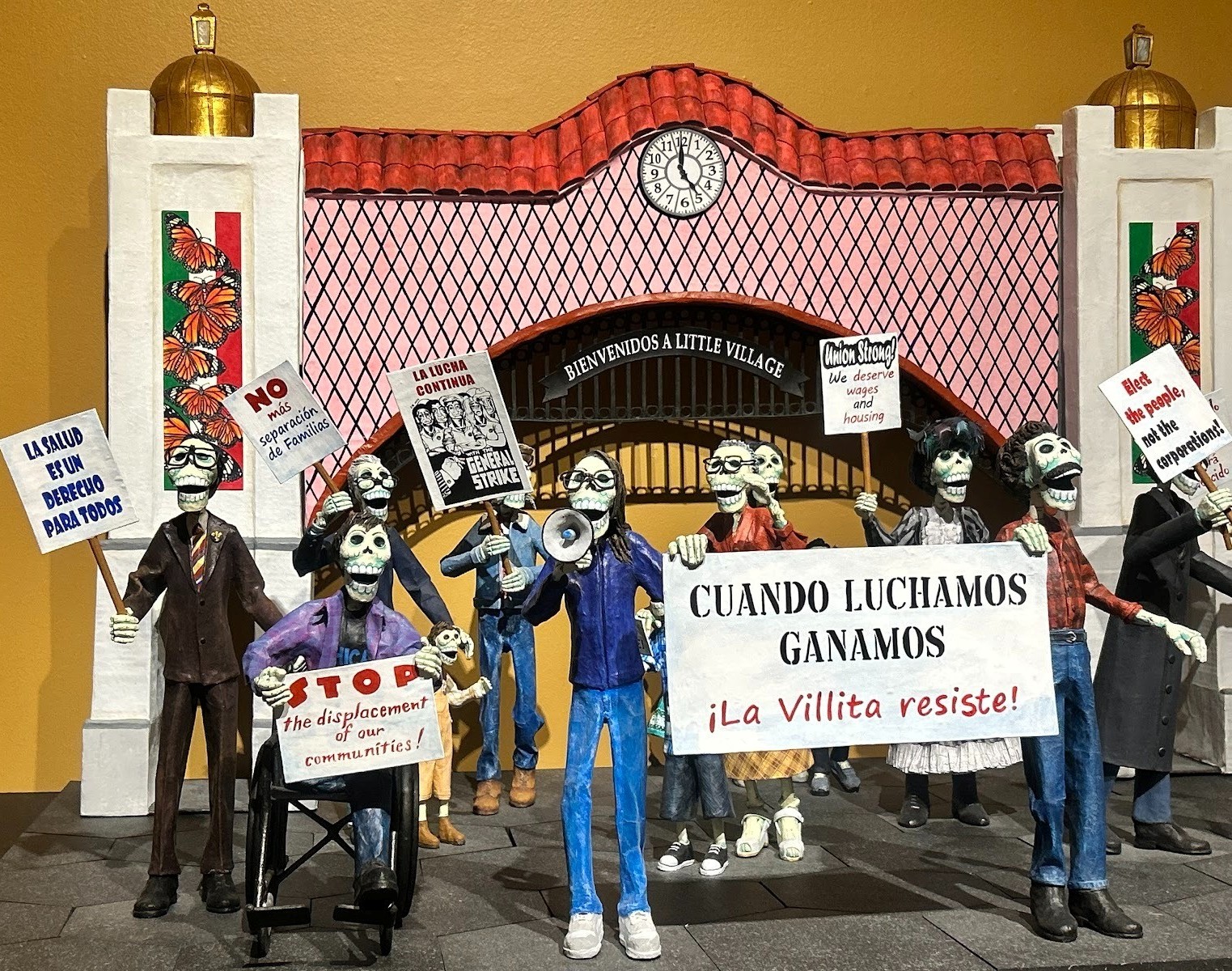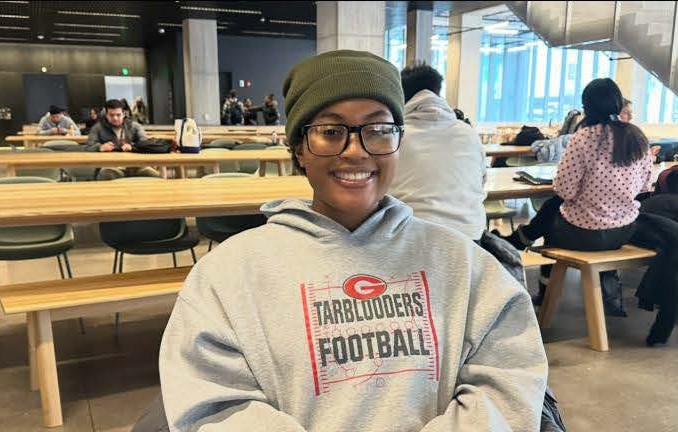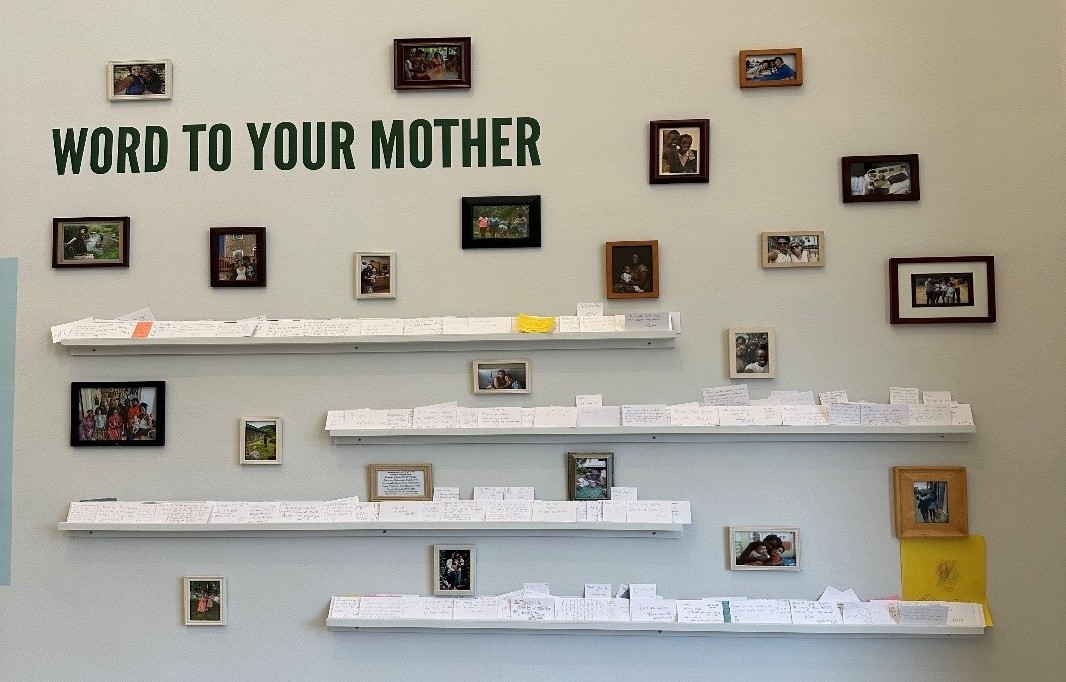Studies have consistently found that residents of low-income neighborhoods have a harder time finding and acquiring healthy food. But efforts are underway in several Chicago neighborhoods to try and alleviate this problem.
Low-income African American and Latino neighborhoods have fewer grocery stores, according to Food Store Availability and Neighborhood Characteristics in the United States, a 2006 study conducted by the University of Illinois at Chicago (UIC) and published in the American Journal of Preventive Medicine. The study analyzed food store outlet data and 2000 census data.
This is a public health issue. Chain supermarkets have more selection of quality food for lower prices, said Lisa Powell, associate professor in the Department of Economics and Institute for Health Research and Policy at UIC, one of the study’s researchers.
“If they [residents] have fewer of these stores [chain supermarkets] they may be paying higher dollar price for the food … or they have to travel further,” Powell said.
For a person who earns a low income, travel time may cut into their potential earning time at work or the person may not have leisure time to go shopping, Powell said. Additionally, traveling also costs money in gas or public transportation fare.
Another study, Examining the Impact of Food Deserts on Public Health in Chicago, conducted by the Mari Gallagher Research and Consulting Group, found that African American neighborhoods in Chicago had limited access to grocery stores and higher access to fast food restaurants. The study used census information and measured the distance of the center of each block in Chicago to a fast food restaurant.
Neighborhoods were classified as “food deserts” if large areas had no local, only distant, grocery stores. These areas also had more fast food outlets. These communities have increased incidence of premature death and chronic health conditions such as diabetes, obesity and cardiovascular health issues.
Austin, North Lawndale, Armour Square, Roseland, Pullman and Chicago Lawn are some of the local communities considered food deserts by the researchers. The majority of the 77 communities earning this dubious designation are on the South Side of the city.
“It’s part of economic disparity,” Tim Hadac, spokesman for the Chicago Department of Public Health.
The city of Chicago encourages chains such as Dominick’s and Jewel to locate in all Chicago neighborhoods, Hadac said. But incentives don’t mean the supermarket chain will take heed.
“We can’t order grocery stores to be in certain neighborhoods,” Hadac said.
However, the city government does operate farmer’s markets throughout the city in an attempt to provide accessible, fresh food.
The farmer’s markets “are a good way for people to get in the swing of getting access to affordable fruits and vegetables,” Hadac said.
Nevertheless, food access is a big concern in Chicago and other U.S. cities, Hadac said.
Some area residents unhappy with the lack of quality food access are taking matters into their own hands. Several independent initiatives have sprung up to address the issue.
The Neighbors Project is a group of young professionals who work with community members to improve neighborhoods. The group is working with liquor and convenience store owners in Uptown to try and stock fresh produce in their stores.
“Our idea is to help corner-store owners be more successful at carrying produce,” said Mandy Burrell, president of Neighbors Project.
Arline Welty, the creator of the Uptown project, along with the other Neighbors Project members, are attempting to round-up local store owners to participate and match them with produce distributors who fill small orders.
The project came about when Welty, an Uptown resident, became concerned that she couldn’t find fresh produce in her North Side neighborhood, said Burrell. But Welty noticed the numerous convenience stores and liquor stores, some of which already stocked a small amount of fruits and vegetables.
Using Neighbors Project research, they learned these stores have been unsuccessful at selling fresh food because most area residents don’t shop at small stores for produce. Two reasons are limited selection and low quality due to slow turnover, Burrell said.
Another problem for small stores is that distributors rarely want to fill small orders, such as convenience stores would need.
“They don’t want to bring a box of bananas and tomatoes to one little store,” Burrell said.
Neighbors Project hopes the initiative will alleviate some of the stress residents face with lack of grocery options, Burrell said, and they hope to complete the project this winter.
“Food access in Chicago is a humongous problem … and we’re just trying to take off a really small bite,” Burrell said.
In another part of the city, Kathleen Duffy is trying to alleviate Logan Square’s food accessibility issue with the Dill Pickle Food Co-op, a grocery cooperative.
Duffy said Logan Square has been affected since the Dominick’s that was located at 3300 W. Belmont Ave. closed last year. Most people, she said, have to take the Blue Line at least three stops south to go to a supermarket if they don’t have a car.
“It’s stupid to have to go out of your neighborhood to go to a grocery store,” Duffy said.
Currently the neighborhood is full of corner stores that sell cheap junk food, which residents, especially kids, end up eating, Duffy said.
In response, Duffy started the co-op as a source for fresh, healthy food in Logan Square, she said. Duffy said everything sold at Dill Pickle will be organic or locally produced.
Although the co-op, which is a group of people who jointly own and operate an endeavor, isn’t open yet, they are choosing a storefront and meeting with city officials. So far, 130 members have paid membership fees for the co-op, Duffy said. They hope to open soon, but there isn’t a timeline.
Powell said small steps like the co-op and the Neighbors Project in Uptown are important because they get healthy food into the neighborhoods.
“If putting a new grocery store somewhere is too much,” Powell said. “It’s a good idea to be innovative.”
Categories:
Mind & Body Public
Tags:
farmer’s market food desert logan square the neighbors project uptown






Be First to Comment